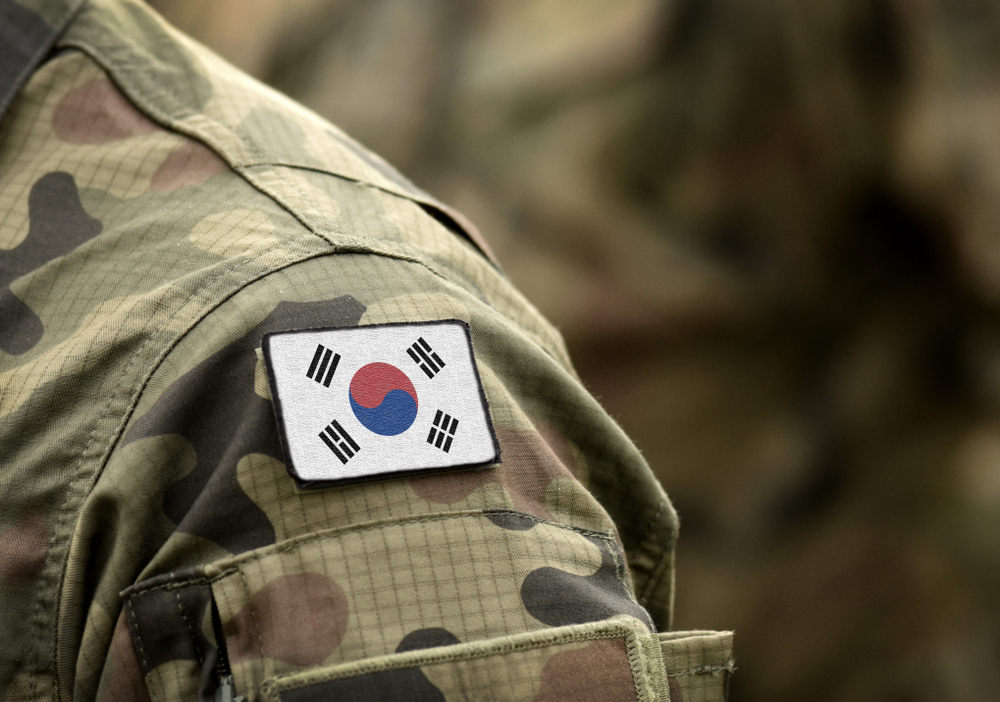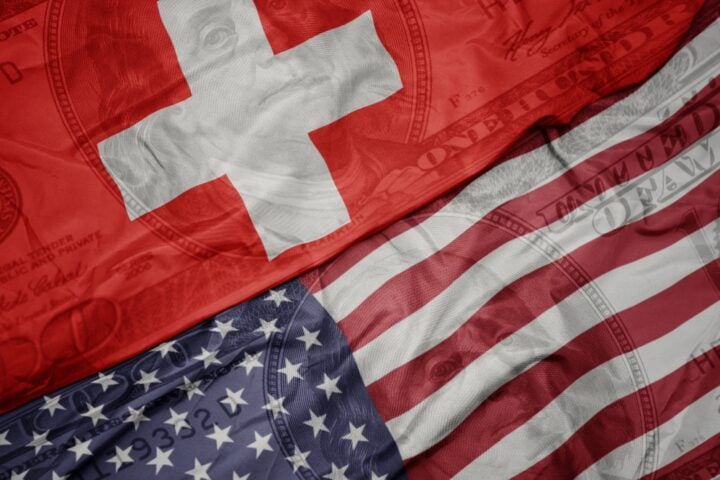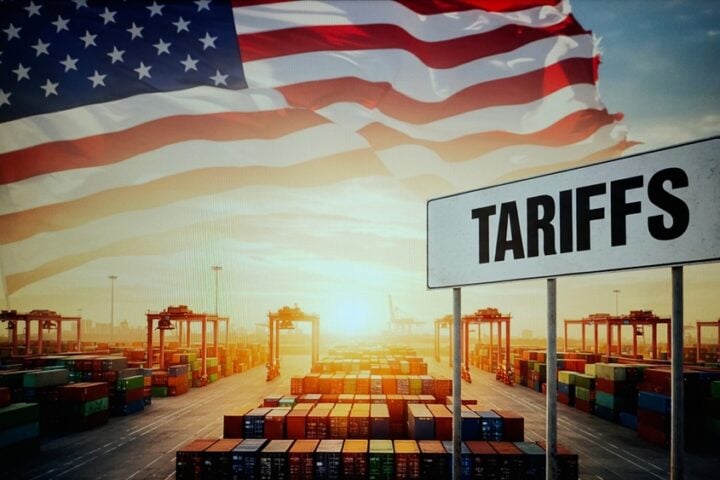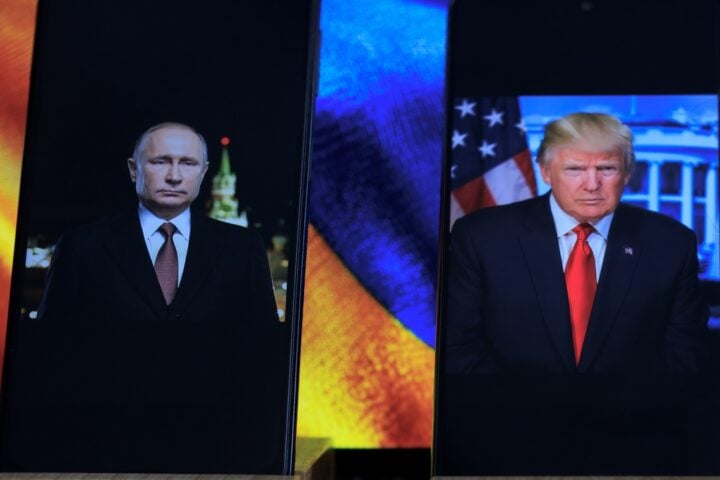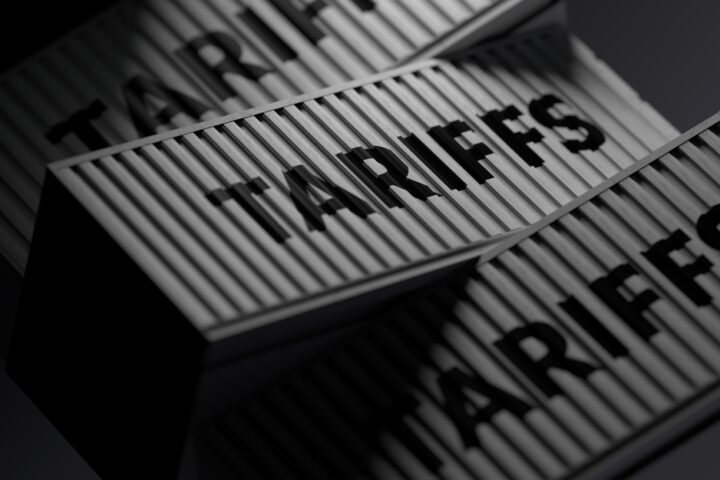Minutes after South Korean President Yoon Suk Yeol declared martial law Tuesday night, the nation’s financial leaders scrambled to avert economic disaster. The unprecedented political crisis triggered an immediate response from the country’s top financial authorities, who activated a crisis playbook aimed at stabilizing the currency and preventing market chaos.
Emergency Meeting in Seoul
By 11 p.m., Finance Minister Choi Sang-mok, one of many cabinet members opposing the martial law declaration, convened an emergency meeting at the Seoul Bankers Club. The gathering included representatives from South Korea’s “F4” financial authorities: the central bank, the finance ministry, and banking and market regulators.
As soldiers stormed the National Assembly, the team implemented a crisis response modeled on lessons learned from previous financial shocks.
Swift Currency Stabilization
The Bank of Korea (BOK) took the lead in stabilizing the won, which had plummeted to levels last seen during the 2009 global financial crisis. In a preemptive move, the finance ministry announced it would inject unlimited cash into the markets if necessary, calming investor fears.
“It was BOK Governor Rhee Chang-yong’s idea to put this message out quickly,” a government official said. “Rhee emphasized the importance of preemptive action, especially given the shock to foreign investors.”
The announcement helped the won recover from its sharp decline, avoiding a further erosion of confidence in South Korea’s financial stability.
Lessons from Past Crises
South Korea’s response reflects the evolution of its economic management since the 1998 Asian financial crisis. That episode left a lasting mark on the country, forcing it to rely on an International Monetary Fund bailout after speculative attacks and short-term debt exposure wreaked havoc on its economy.
Since then, South Korea has developed a robust set of tools to handle crises, including measures implemented during the COVID-19 pandemic to stabilize its export-driven markets.
“We have had many crises and learned from each,” said a Bank of Korea official.
Current Economic Struggles
The martial law crisis comes at a challenging time for South Korea’s economy, which is grappling with weak growth, labor strikes, and a budget impasse. Additionally, troubles with key trade partner China have heightened the risk of currency swings.
The won has declined 9% against the dollar this year, and the KOSPI index has dropped 8%, underperforming other emerging markets. Since August, foreign investors have pulled over $14 billion from South Korea’s stock market.
“They were obviously aware that there would be panic, particularly among foreign investors, and so they did the right thing,” said Jon Withaar, a hedge fund manager at Pictet Asset Management.
The Road Ahead
While South Korea’s financial authorities successfully managed the immediate crisis, the longer-term economic impact of martial law remains uncertain. With ongoing political instability, global economic pressures, and declining investor confidence, the country faces significant challenges in maintaining financial and economic stability.


